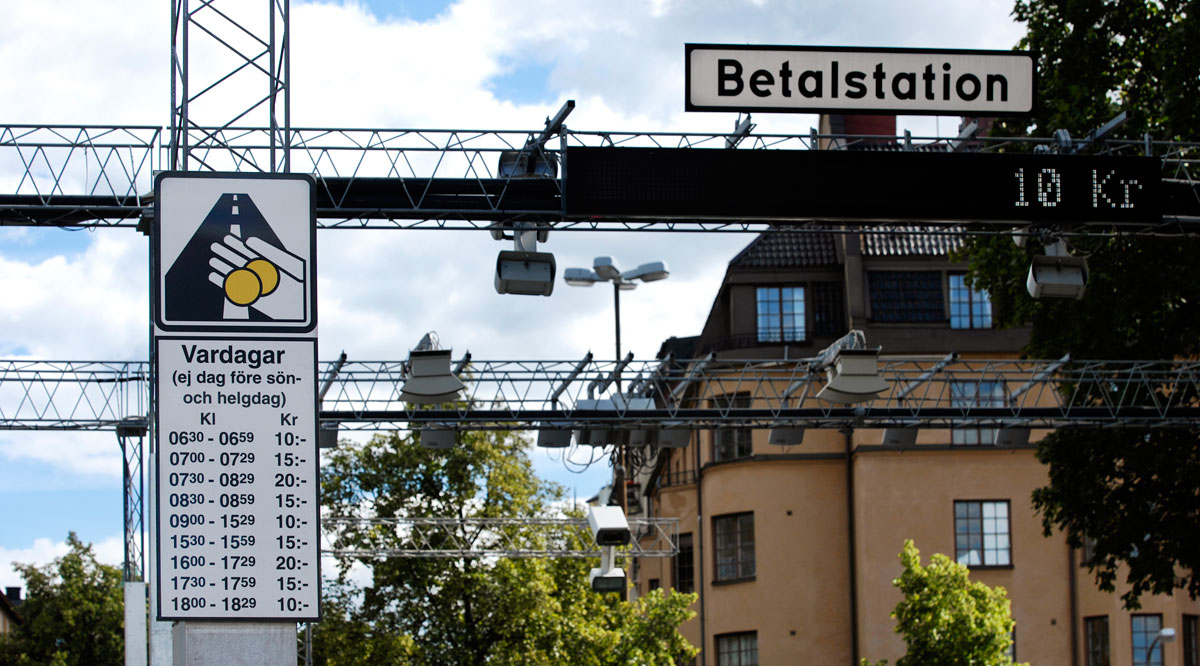Congestion Charge and New Travel Habits - Gothenburg
Go to Project Website

The City of Gothenburg is working to create a long term sustainable transport system based on increased cycling, walking and use of public transport. As part of an overarching strategy for the West of Sweden region, the city has recently implemented two initiatives - Congestion Charge and New Travel Habits, that can be considered as lighthouse initiatives due to their integrated nature, support from stakeholders and potential for replicability in many other cities.
Congestion Charge
A congestion charge was implemented at the beginning of 2013 for Swedish registered vehicles entering Gothenburg city centre. The aim is to give car drivers financial incentives to choose other means of transportation, and to finance investments in sustainable travel for the region, reduce traffic congestion and improve air quality, in order to create a more liveable city with more useable land.
New Travel Habits
Recognising that financial incentives alone may not be enough to decrease car use, the City of Gothenburg is also focusing on changing values and attitudes among citizens via the ‘New Travel Habits’ initiative. This consists of an on-going flow of events, family oriented activities, exhibitions and competitions, which are arranged as a way of creating structured dialogue and informing citizens on transport related issues.
Key winning elements of the project:
- Political leadership with a long term approach - the congestion charge covers investments planned until the year 2027, and is organised around a partnership with the national government of Sweden, as well as the regional political leadership in Western Sweden and nearby municipalities.
- Collaboration and dialogue with all stakeholders - the New Travel Habits project has engaged local citizens and private companies in various activities, such as events, competitions and dialogues, as a way of giving them new tools for changing their own travel behaviour. Furthermore, the project has given personal support to companies in Gothenburg to help their employees change their travel habits.
- Contribution to multiple policy objectives - the project is having positive effects on Gothenburg's EU 2020 climate and energy targets and creating a good living environment and conditions for growth
- Business models to attract investment - overall, the West Swedish Agreement is being financed by 50% state funding and 50% local, municipal and regional funding. The regional co-financing includes the congestion charge which is a precondition for it being possible to finance the whole package. Using the money that the City of Gothenburg receives from the congestion charge, additional investment in more sustainable forms of transport is underway.
To read a full report on Gothenburg's Congestion Charge and New Travel Habits project and why it is a good example of a Lighthouse initiative click here.